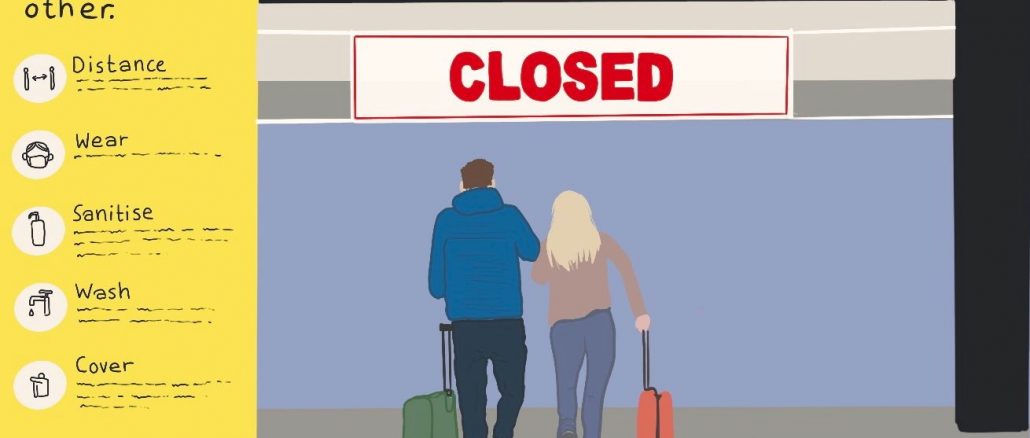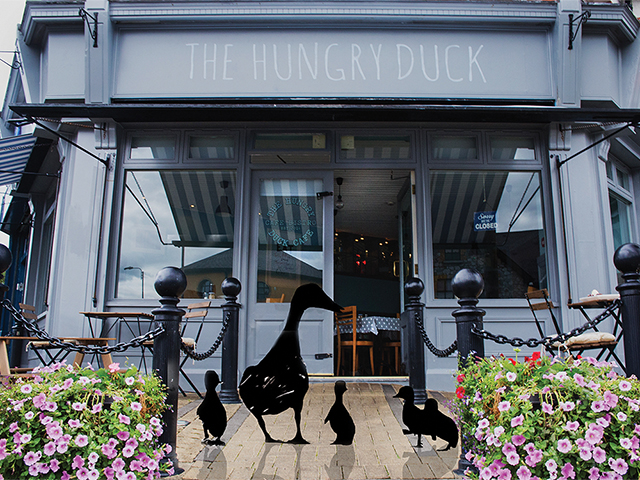
“I think the debate is over.”
The Irish Times European Correspondent Naomi O’Leary retweeted an image of a music festival in New Zealand with the above caption last week.
This tease of normality is something that has not been witnessed here in Ireland in almost a year. Not only do we miss it, but we yearn for it.
When New Zealand closed its borders entirely last March, Prime Minister Jacinda Ardern said these were the strictest regulations in the world, which she would “make no apologies” for.
Ardern’s tough regime paid off, as New Zealand celebrated being Covid free for months on end. Since last May, their first case of the virus was detected in January. The country therefore immediately traced the case and took many measures to contain the spread. No apology necessary, Ardern.
According to the Minister for Public Expenditure and Reform, Michael McGrath, adopting a Zero-Covid approach in Ireland is “not realistic or achievable.”
It appears the government has nipped the idea in the bud before possibly planting its seed, but what exactly is Zero-Covid?
It could be understood as a Level five plus plus. This would mean mandatory quarantine for travellers, fines for employers unwilling staff to work from home and a tougher lockdown until our country is completely Covid-19 free.
The government has already announced a mandatory 14-day quarantine for passengers landing in Ireland from high-risk areas, such as Brazil and South Africa, and those without a negative PCR test. Tanaiste Leo Varadkar explained these measures will not come into effect for a number of weeks as locations, such as hotels, for incoming passengers need to be agreed on. Is it enough?
There is no doubt that there is a serious lack of morale under our third lockdown. The World Health Organisation said the seven-day rolling average per million in January was 1,394, which is far in excess of that in the UK, at 810. This has earned us the embarrassing reputation of the worst infection rate per million in the world.
The government has come under increasing pressure from members of the opposition to switch to a Zero-Covid plan. Leader of People Before Profit Richard Boyd Barrett stated that our stark case circumstances need action: “The opposition has a responsibility not to just criticize what is clearly a failed government strategy, but to offer an alternative.”
Retired Irish Times journalist Michael O’Regan tweeted last month that despite having the “highest regard” for Chief Medical Officer Doctor Tony Holohan and his team, “the outright dismissal of Zero-Covid is beggars belief.”
Public health specialists Michael Baker and Martin McKee disclosed in The Guardian that “suppression does not offer a clear end point, leaving countries vulnerable to rapid resurgences, as seen recently in countries like Ireland. The resulting uncertainty makes it impossible to plan, with enormous consequences for schools, businesses, family life, and much else.”
However, it is important to note that New Zealand is more than a three hour flight time to its closest neighbour. With the UK and the rest of Europe on Ireland’s doorstep, it would take considerable co-operation and commitment to pull it off.
Not to mention Northern Ireland. Barrister and Columnist at The Business Post Elaine Byrne made the point on Twitter: “We couldn’t police the Northern border during the Troubles, not sure how we could do it now?”
Nonetheless, support for Zero-Covid continues to grow. An independent group of science and medicine experts in Ireland and abroad called The Independent Scientific Advocacy Group are endorsing Zero-Covid along with a return to normal strategy.
They announced people have been contacting asking how they can contribute. This paved way for the We Can Be Zero campaign, which launched on February 1st.
Our current third lockdown is scheduled to end on March 5th. If it is extended once more, a Zero-Covid strategy could be the only option in Ireland’s darkest Covid hour.
Ruth Delaney
Image credit: Grace O’Sullivan



